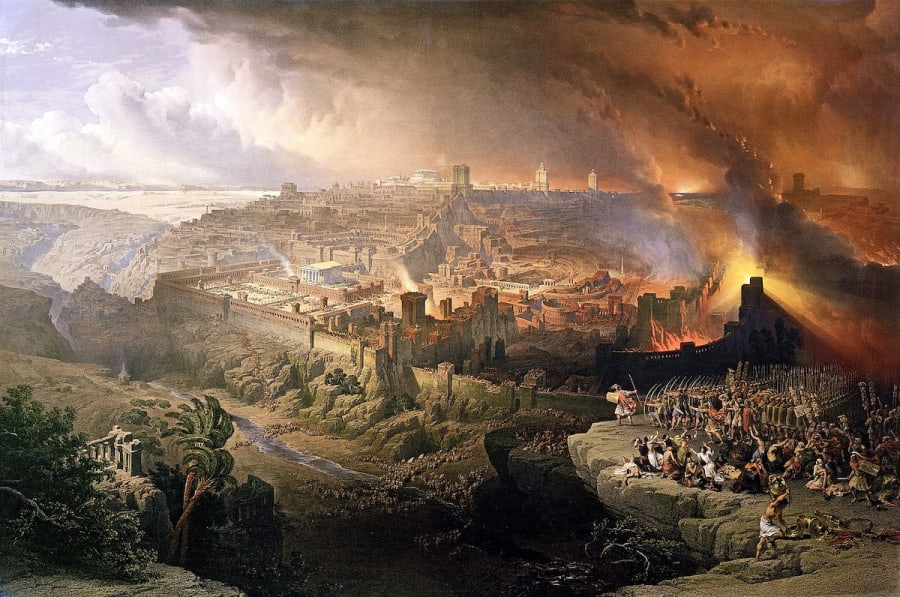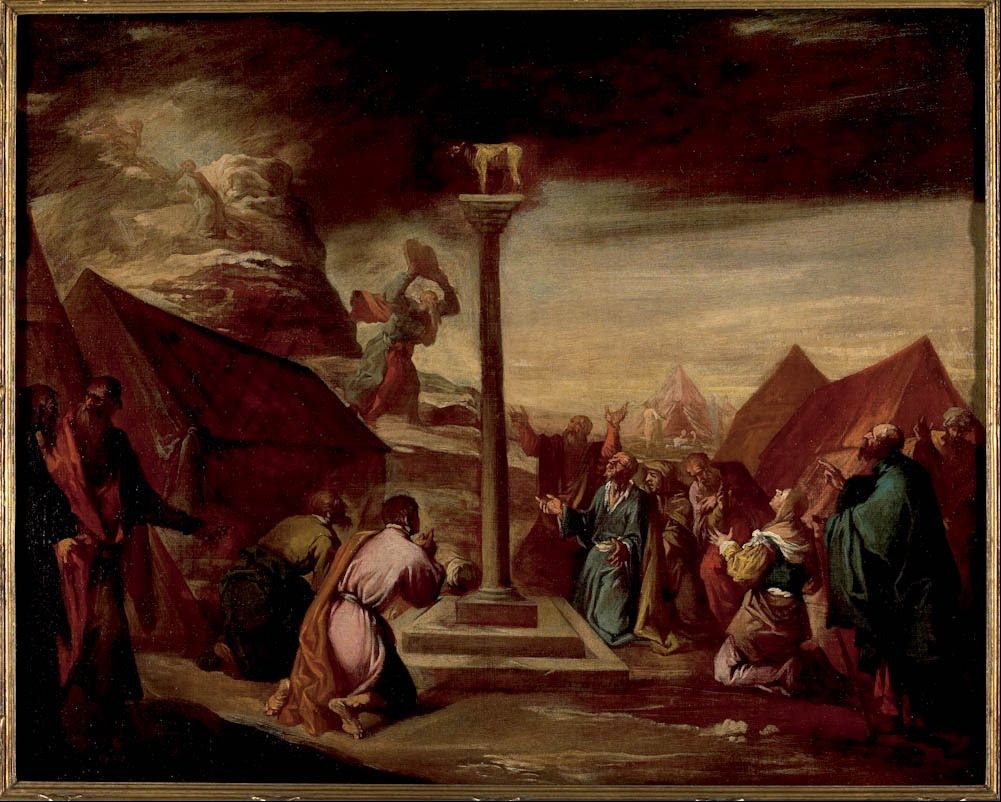Why is there a fast on the Seventeenth of Tammuz?
This fast marks the beginning of a three-week period of mourning which leads to the “fifth” fast day, Tisha B'Av

In this series of articles, My Evven and ALL ISRAEL NEWS wish to rediscover forgotten events, traditions and places in Israel.
To learn more about My Evven click here. Use checkout code ‘AllIsrael’ to receive a 10% discount for your purchase and become an Evven (‘stone’ in Hebrew) Guardian.

Last Sunday was a fast day known as the Seventeenth of Tammuz after the date on which it falls on the Jewish calendar.
In Zechariah 8:19 we read: “This is what the Lord Almighty says: 'The fasts of the fourth, fifth, seventh and tenth months will become joyful and glad occasions and happy festivals for Judah. Therefore love truth and peace.'”
Prophet Zechariah counts four fast days that commemorate tragic events that took place during the sieges and the fall of Jerusalem in 568 B.C.:
The Fourth: – falls on the fourth month of the year, the month of Tammuz (June-July), commemorates the breaking of the walls of Jerusalem after a long siege in 70 A.D.
The Fifth: falls on the fifth month of the year, the month of Av (July – August), commemorates the destruction of the First and the Second Temples.
The Seventh: falls on the seventh month of the year, the month of Tishrei (September–October), commemorates the murder of Gedaliah son of Ahikam (Kings 2:25).
The Tenth: falls on the tenth month of the year, the month of Tevet (December–January) commemorates the commencement of the siege of Jerusalem.
For dozens of generations, Jews have remembered and mourned the fall of Jerusalem and the destruction of the Temple. These four fast days played an important role in maintaining the national memory of its lost glory and the longing for redemption.
The fourth fast day, commemorates the fall of Jerusalem, prior to the destruction of the Second Temple in 70 A.D. It also marks the beginning of a three-week period of mourning, ending on the fifth fast day, Tisha B'Av.
Ancient Jewish tradition, which was already documented in the Mishnah around 229 A.D, attached additional tragic events to this date:
Breaking of the tablets at Mount Sinai by Moses, in response to the sin of the Golden Calf. (Exodus 32:19)
The suspension of daily offerings in the First Temple during the siege of Jerusalem, due to the absence of animals.
The burning of the holy Torah scrolls by Apostomos
The placement of an idolatrous image in the sanctuary of the holy Temple.

Agonizing over these tragedies is meant to help us conquer those spiritual deficiencies which caused them. Through self-introspection and a commitment to improve, we have the power to transform tragedy into joy, according to the words of Zehariah: “The fasts of the fourth, fifth, seventh and tenth months will become joyful and glad occasions and happy festivals for Judah. Therefore love truth and peace.”


Uri Steinberg is a former Israeli Tourism Commissioner for North America, Israel Ministry of Tourism, and currently serves on the ALL ISRAEL NEWS advisory board.













